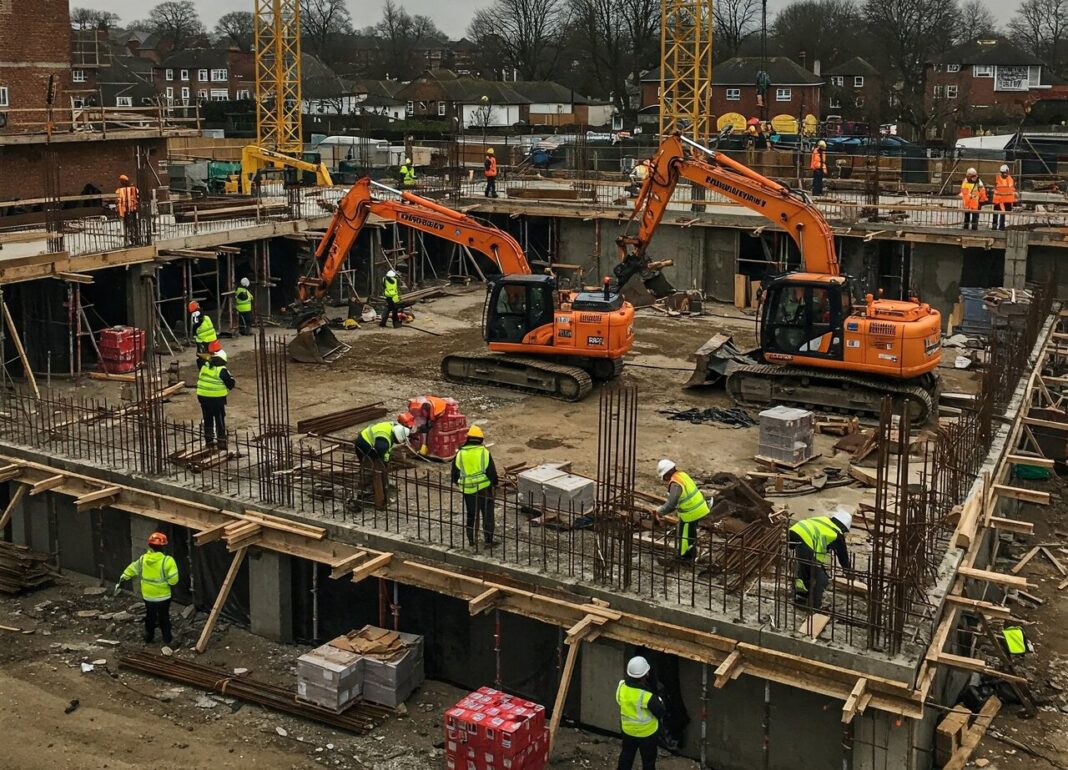First-time buyers (FTBs) in the UK may be facing steeper costs and entering the property market later than a decade ago but new analysis by Yopa suggests they are still in a stronger position than many of their international counterparts.
Yopa’s latest research reveals that the average price of a first-time buyer home in the UK has jumped 63% over the past ten years.
Unsurprisingly, the average age of a first-time buyer has also risen – from 31 in 2014 to 33 in 2024 – with the South East and West Midlands seeing the sharpest increases of three years. London, despite its notoriously high prices, saw a more modest one-year rise.
However, the number of FTBs continues to grow. In 2014, 310,280 people bought their first home. A decade on, that figure has risen to 341,068—an increase of 9.9%, or approximately 2% annually. This steady growth underlines the determination of buyers to get on the ladder despite mounting affordability pressures.
COMPETITIVE UK MARKET
On a global scale, the UK remains competitive. The average age of a first-time buyer here is 34 – earlier than in Canada (36), Australia (36), and New Zealand (35) and close to the United States (33) and France (31).
Affordability metrics also compare favourably. Yopa’s analysis of OECD data shows the UK’s house price-to-income ratio has improved slightly over the past five years, declining by -1.3%. This contrasts sharply with countries like Greece (22.1%), the United States (21.0%), and Portugal (19.7%), where house prices have risen much faster than incomes.
FINANCIAL PRESSURE

Steve Anderson, Yopa’s National Franchise Director, says: “It’s clear that first-time buyers are facing more financial pressure than ever before, both in terms of the upfront cost of buying and the age at which they’re finally able to do so.
“But encouragingly, demand hasn’t waned – and the fact that the UK’s house price-to-income ratio change over the last five years remains better than that of many comparable countries gives us good reason to remain optimistic about the long-term health and accessibility of our housing market.”









